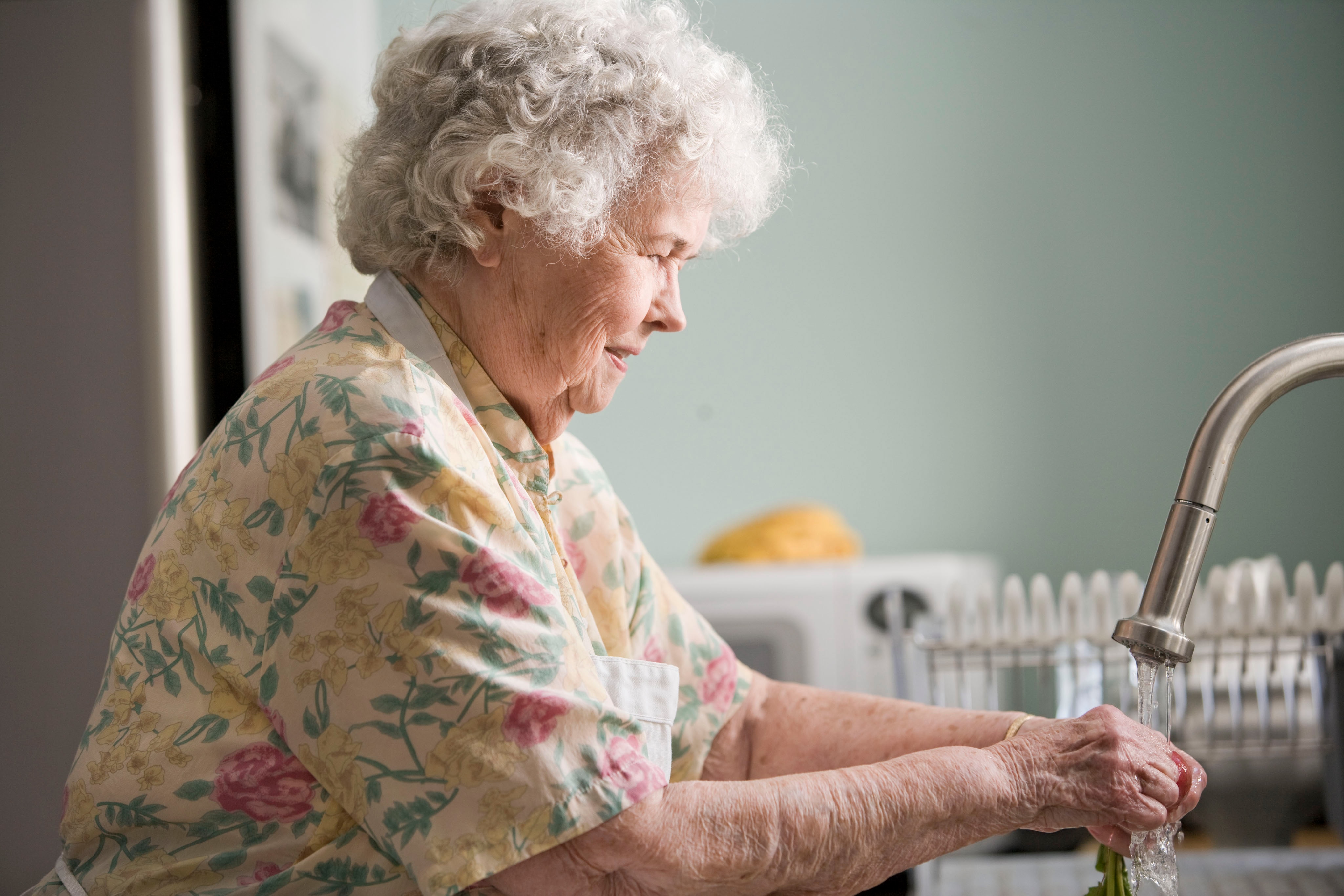Fewer people are having children, and people are living longer than they ever have, which means that the older adult population is the fastest-growing population in the United States.
It is great to know that many people are living to their 80s, 90s, and even past 100. However, as people get older, their health tends to decline. Many seniors are living with chronic conditions. They may have mobility issues. They may be recovering from a stroke or a heart attack. Some struggle with dementia and other memory issues.
A lot of seniors require around-the-clock care. This can be a burden for family members, especially since many have full-time jobs or families of their own. Many opt for nursing homes for in-home caregivers to provide care for their loved ones.
But there is a major problem that people need to be aware of — elder abuse. Elder abuse is common in the United States, with 1 in 10 people over the age of 60 experiencing some sort of abuse or neglect by caregivers. Even family members may abuse or neglect their loved ones, whether intentionally or accidentally.
You can help protect vulnerable seniors. Here is a look at the growing problem of elder abuse in the United States.
Understanding the Problem
Elder abuse is a serious problem in the United States. It is estimated that as many as 5 million older Americans are abused every year. Even financial abuse is off the charts. The annual loss by victims of financial abuse is estimated to be more than $36.5 billion. And these are just the reported cases. Many cases are not reported because elders are afraid or unable to tell police, friends, or family about the abuse. In order for something to be done, victims have to tell someone they are being hurt. Otherwise, the abuse will continue, and physical abuse can lead to serious injuries or even death.
Some demographics have higher rates of abuse than others. Men had higher rates of nonfatal assaults and homicides than women. The estimated homicide rate for men increased by 7% from 2010 to 2016. Non-Hispanic American Indian/Alaskan Natives and Hispanic or Latino persons have the highest homicide rates.
There are many types of abuse that can occur among the elderly:
Physical abuse. This refers to physical injury, such as hitting, punching, pushing, kicking, or slapping.
Sexual abuse. This means touching, fondling, or sexual intercourse without the victim's consent.
Emotional abuse. This refers to verbal assaults, threats of abuse, harassment, or intimidation.
Neglect. This is a caregiver’s failure to provide an older adult with life’s necessities, including food, clothing, shelter, or medical care.
Financial exploitation. This means misusing or withholding an older adult’s resources. This could mean forging checks, stealing cash, taking assets, or identity theft.
How to Prevent Elder Abuse
Elder abuse is something that does not have to happen. There are things that can be done to prevent it. Here are some ways in which loved ones, nursing homes, doctors, and others in the community can prevent elder abuse:
Raise awareness. Elder abuse is not talked about often enough. Look to increase public awareness about elder abuse through community programs, workshops, and campaigns. Educate people about the different forms of elder abuse, including physical, sexual, emotional, and financial abuse, as well as neglect. Those who work with the elderly or are serving as caregivers should be educated on how to care for the elderly as well as recognize and prevent elder abuse. Families should learn about the signs of abuse so they can look for them.
Encourage open communication. Encourage regular check-ins with elderly family members and friends to maintain communication and monitor their well-being. Foster open lines of communication within families and communities to create an environment where concerns about elder abuse can be discussed without fear of retaliation.
Promote financial awareness. Educate your elderly loved ones and patients about financial scams and fraud. Encourage them to be cautious with personal information. They should not be sharing bank account information with strangers. As a family member, try to gain access to financial accounts so you can monitor them regularly. Involve professionals if necessary.
Screen and train caregivers. Whether you are a loved one or a nursing home, make sure you hire caregivers who have experience and proper training, as caring for a disabled senior is not an easy task. Be sure to conduct thorough background checks and provide training on proper care techniques. Good communication skills are also essential.
Report suspected abuse. If you see something, say something. Encourage everyone to report suspected cases of elder abuse to the appropriate authorities, such as adult protective services or law enforcement. The National Center on Elder Abuse Listing of State Elder Abuse Hotlines has contact information for resources that can help.
Empower the elderly. Look for ways to help your loved one maintain independence and allow them to have some sense of control over their lives. If your loved one is able to do so, encourage them to voice their preferences, concerns, and objections. This will allow them to advocate for themselves.
Offer support. Provide over-burdened caregivers with support, such as help from friends, family, or local relief care groups. Promote support services for caregivers, such as respite care, counseling, and training programs, to help reduce stress. Too much stress and burden are likely to lead to abuse. Ensure access to community resources that can assist elderly individuals in need. Check in with elderly neighbors. Consider adult daycare programs and other outlets for providing help and entertainment for elderly friends and family members.
Contact Newman Law Group Today
It’s important to protect seniors. Many suffer from mental or physical disabilities that make everyday life challenging. Unfortunately, many people take advantage of the elderly.
Count on the experienced team at Newman Law Group, LLP, for help with your elder abuse case. We have more than 30 years of experience. Schedule a consultation with our office today by filling out the online form or calling (916) 352-3210.




